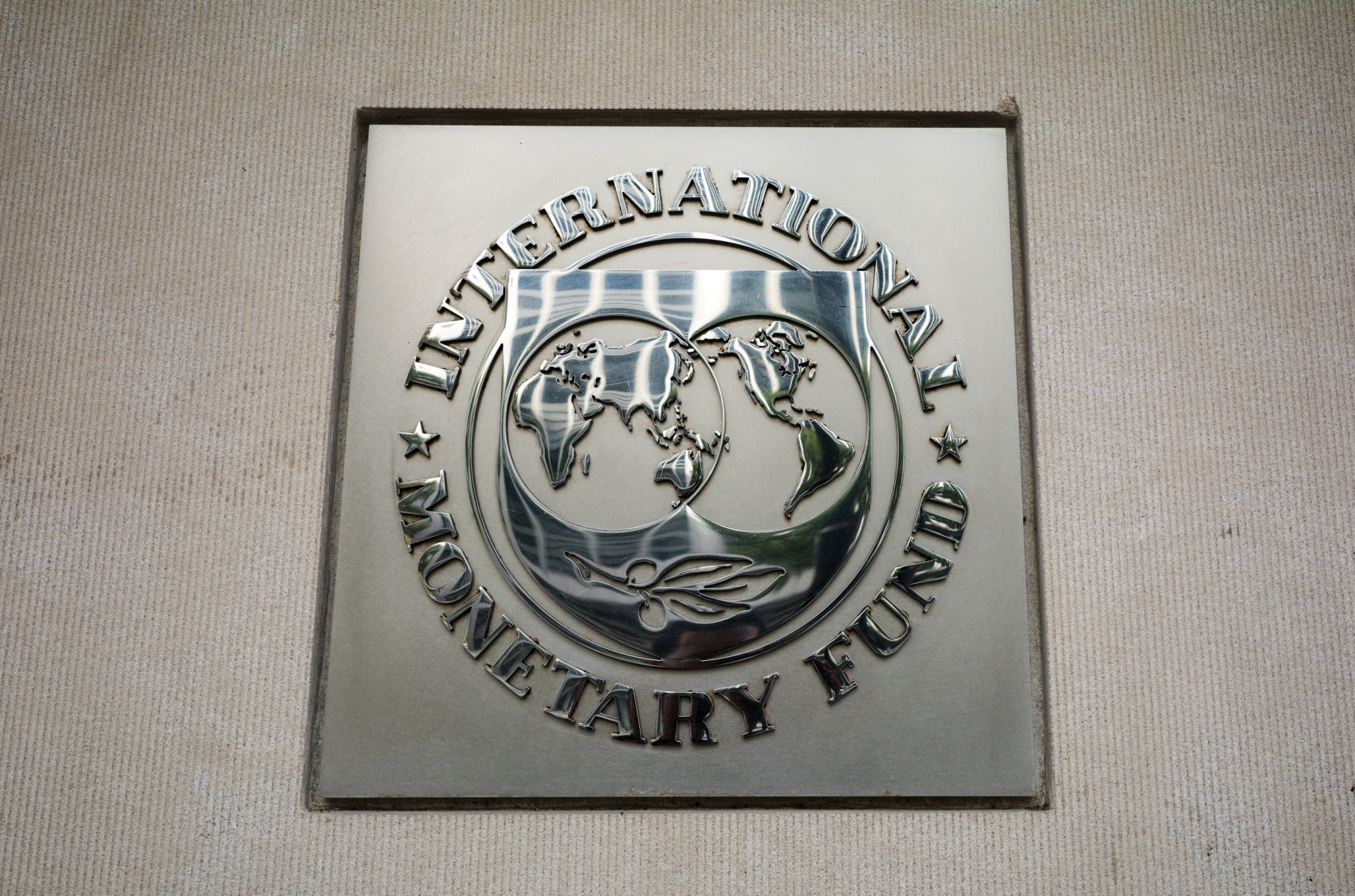
403
Sorry!!
Error! We're sorry, but the page you were looking for doesn't exist.
IMF warns of global economic vulnerabilities before central bank easing
(MENAFN) On Tuesday, the International Monetary Fund (IMF) issued a cautionary statement regarding vulnerabilities in the global economy prior to the commencement of central banks' monetary policy easing.
According to the IMF, both investors and central banks anticipate a relaxation of monetary policies in the upcoming quarters. This expectation stems from the rate increases implemented over the past two years, which have set the stage for reining in inflation and aligning it with central banks' objectives.
"So far, cracks in the financial system—unmasked by high interest rates during the monetary tightening cycle—have not ruptured further," the IMF stated in its Global Financial Stability Report for April 2024. "The last mile of disinflation, however, may be complicated by several salient near-term financial fragilities."
Near-term risks encompass a potential drop in commercial real estate values and a decline in real estate prices, fueled by elevated mortgage rates and the prospect of unexpected inflation spikes that might swiftly alter investor sentiment.
Looking ahead, medium-term risks include the escalation of public and private debt levels in both advanced economies and emerging markets, as well as the depletion of cash reserves among businesses. Additionally, concerns loom over a downturn in China's housing market, where policy interventions are deemed crucial for restoring confidence in the real estate sector of affected countries.
The IMF emphasized the importance for central banks to exercise caution regarding premature monetary easing. It urged central banks to counteract overly optimistic market expectations for interest rate reductions, which could further ease financial conditions and complicate efforts to achieve the final stages of disinflation.
"Where progress on disinflation is enough to suggest that inflation is moving sustainably toward the target, central banks should gradually move to a more neutral stance of policy," it noted.
"Supervisory and regulatory authorities should use appropriate tools, including stress tests and early corrective action, to ensure that banks and nonbank financial institutions are resilient to strains in commercial and residential real estate and to the credit cycle downturn," it continued.
According to the IMF, both investors and central banks anticipate a relaxation of monetary policies in the upcoming quarters. This expectation stems from the rate increases implemented over the past two years, which have set the stage for reining in inflation and aligning it with central banks' objectives.
"So far, cracks in the financial system—unmasked by high interest rates during the monetary tightening cycle—have not ruptured further," the IMF stated in its Global Financial Stability Report for April 2024. "The last mile of disinflation, however, may be complicated by several salient near-term financial fragilities."
Near-term risks encompass a potential drop in commercial real estate values and a decline in real estate prices, fueled by elevated mortgage rates and the prospect of unexpected inflation spikes that might swiftly alter investor sentiment.
Looking ahead, medium-term risks include the escalation of public and private debt levels in both advanced economies and emerging markets, as well as the depletion of cash reserves among businesses. Additionally, concerns loom over a downturn in China's housing market, where policy interventions are deemed crucial for restoring confidence in the real estate sector of affected countries.
The IMF emphasized the importance for central banks to exercise caution regarding premature monetary easing. It urged central banks to counteract overly optimistic market expectations for interest rate reductions, which could further ease financial conditions and complicate efforts to achieve the final stages of disinflation.
"Where progress on disinflation is enough to suggest that inflation is moving sustainably toward the target, central banks should gradually move to a more neutral stance of policy," it noted.
"Supervisory and regulatory authorities should use appropriate tools, including stress tests and early corrective action, to ensure that banks and nonbank financial institutions are resilient to strains in commercial and residential real estate and to the credit cycle downturn," it continued.

Legal Disclaimer:
MENAFN provides the
information “as is” without warranty of any kind. We do not accept
any responsibility or liability for the accuracy, content, images,
videos, licenses, completeness, legality, or reliability of the information
contained in this article. If you have any complaints or copyright
issues related to this article, kindly contact the provider above.


















Comments
No comment